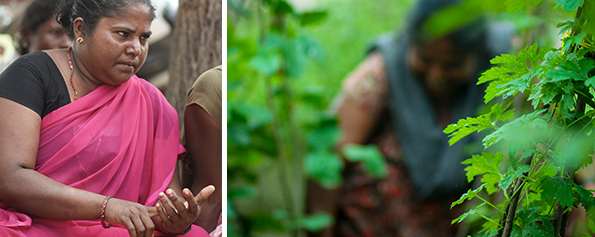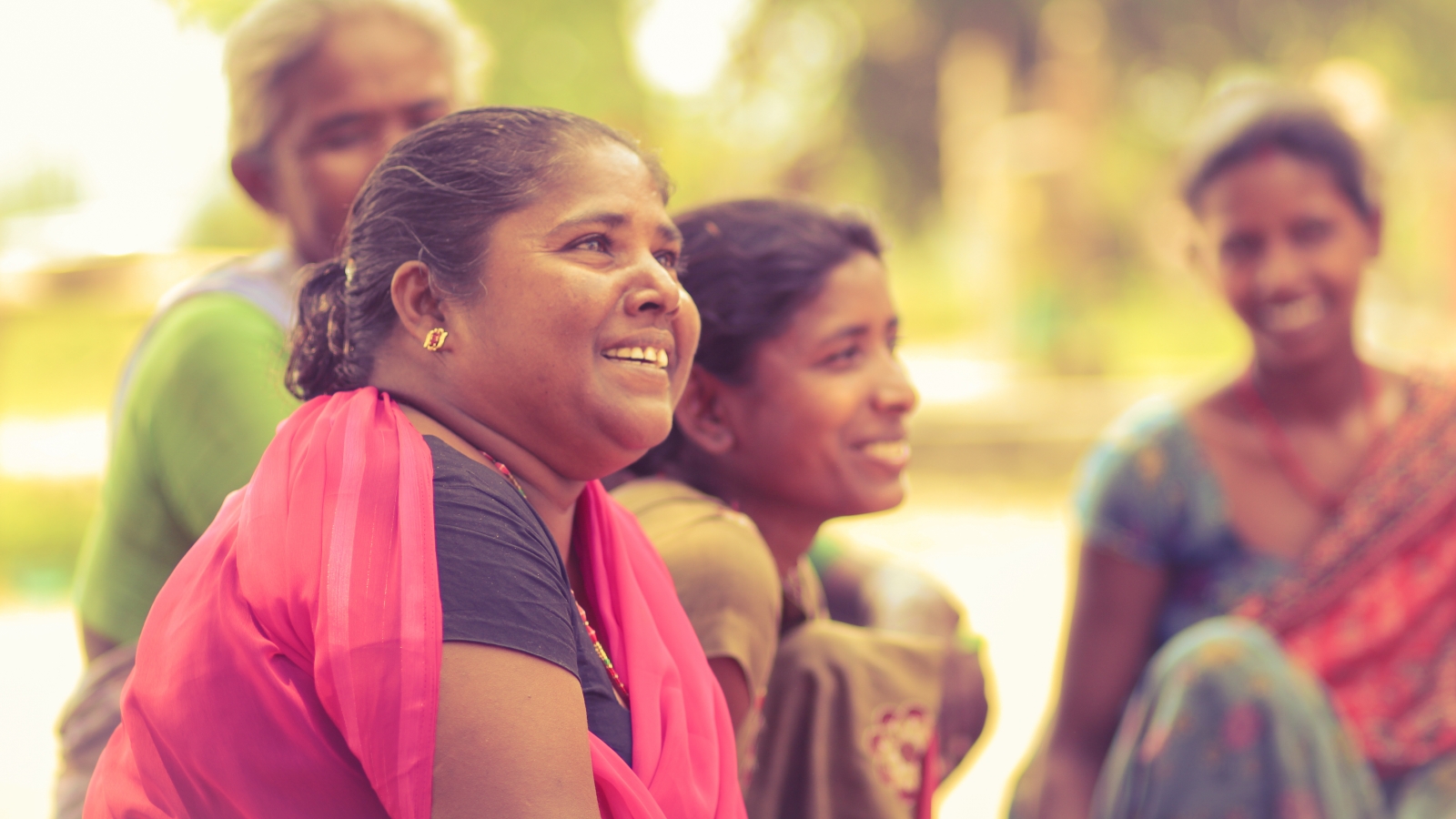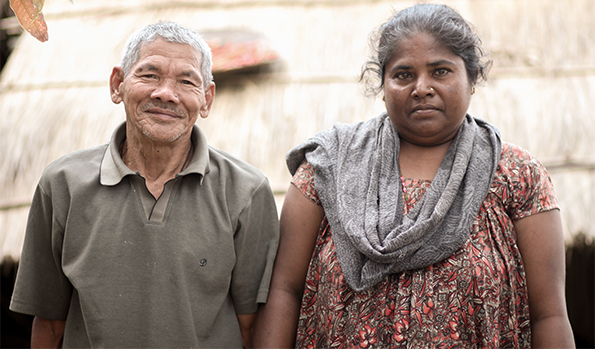 Even for many Nepali people who have found themselves living in the small cities of Nepal, villages in Nepal are really different with in comparison of sanitation and economic status. Imagine a traditional Nepali village in the plains where the heat reaches to point where walking without protection seems next to impossible. Midst the illiteracy that prevails in rural Nepal, health and sanitation seems to be a little scarce. Navalparasi is one of such districts. The main inhabitants being the “Tharu”, often thought of as one of the races in Nepal that has been left behind for decades, even in Nepali standards, the villages are poorly constructed mud- houses with almost no toilets. Imagine the health and sanitation in one of such house-hold.
Even for many Nepali people who have found themselves living in the small cities of Nepal, villages in Nepal are really different with in comparison of sanitation and economic status. Imagine a traditional Nepali village in the plains where the heat reaches to point where walking without protection seems next to impossible. Midst the illiteracy that prevails in rural Nepal, health and sanitation seems to be a little scarce. Navalparasi is one of such districts. The main inhabitants being the “Tharu”, often thought of as one of the races in Nepal that has been left behind for decades, even in Nepali standards, the villages are poorly constructed mud- houses with almost no toilets. Imagine the health and sanitation in one of such house-hold.
But that is not the house of Hirmati Mahato.
Hirmati has not been this way forever though. Hirmati came to live in the village after she got married to her husband. She was of Indian origin and did not know much of Nepali. She was known in the community as one of the most impolite person. To add to the disliking, she had a massive foot which was so due to Gangrene. She would not even wear slippers. Often she would be biased in the water-fetching taps. They owned a very small piece of land, which could not bear enough to feed them throughout the year and her husband had to go to work in the fields of other people even on Saturdays. This meant that they could not attend the church. She was illiterate and could not even write her own name.
But she joined one of the community self- help groups that was encouraged by Asal Chhimekee Nepal. There, she learnt to read and write from one of the vocational education courses that the group ran. Asal Chhimekke Nepal referred her to Tansen Mission Hospital and with their joint contribution along with her own efforts, her foot as treated. She is now the chairman of her self- help group.
Her field is aided with the wastes from her eco-san toilet and does not use any chemicals in her fields. Tunnels wrapped with plastic sheets can be seen from far away (these tunnels provide green- house for the tomatoes and other vegetables and increase the yielding). She and her husband now farm in their own land that is just beside their house. The most encouraging thing about her is that she is regarded as one of the wisest in the village and many people look up to her at hard times. It is very obvious that her house is cleaner than most, if not all, the houses in her community.
When asked about the feeling about the experience with Asal Chhimekke and the community group, she tends to become emotional and says,” If there was only some, I could list them but I have not experienced a change but a transformation of my entire life…”, and starts telling her story from the beginning.
Hirmati is not an individual who has transformed a her life and lives happily for the time remaining, but one of such who has been transformed and is seeking actively to touch the lives of other people. She is not the one who remains calm after receiving grace but her life and living will surely have a clear and substantial effect upon her community.



